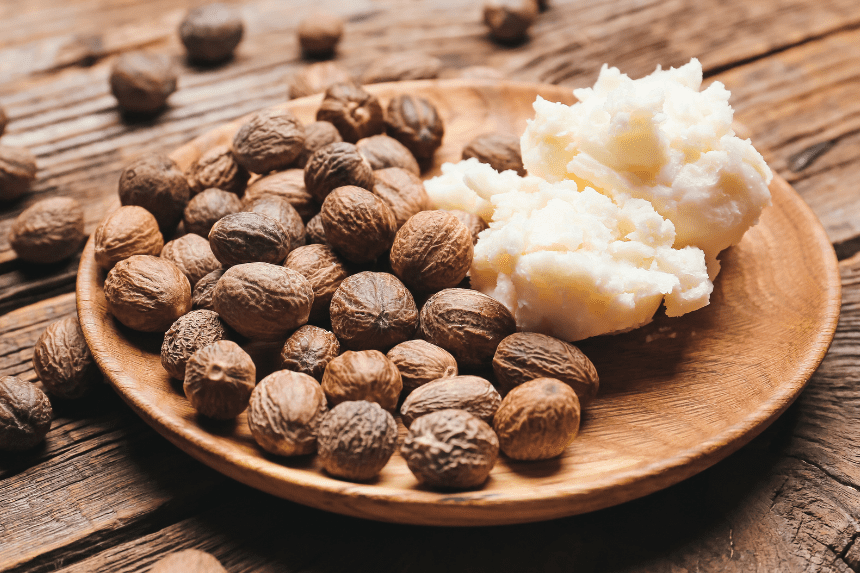Nigeria has also initiated a six-month ban on shea nut export in a bid to control the export of shea nuts in their raw form to promote local processing and value addition. The decision, which was announced by Vice-President Kashim Shettima, is part of a bigger strategy to raise proceeds around the shea value chain, especially in cosmetics, food, and pharmaceutical products.
Nigeria, though one of the largest shea nut producers in the world-producing close to 40 percent of the world market-gets only 1 percent of the 6.5 billion world market. Through the domestic refining of shea products, the country is going to restructure the economies of the rural areas, empower women, and boost its trade image.
Why Did Nigeria Ban Raw Shea Nut Exports?
The shea nut exportation ban was applied by the government in order to keep more value in the country. Raw nuts are mostly exported in the unprocessed state, which restricts economic benefit to Nigeria.
The current state, as described by Vice-President Shettima, was something that was not acceptable because with more production within the country, the annual earnings could be increased to 300 million dollars instead of the current 65 million dollars. This strategic break is to help in providing employment and make Nigeria a big exporter of shea finished goods. Here is the link to our article on Boosting UK Exports.
How Will the Ban Impact Farmers and Traders?
This relocation has a direct impact on small-scale farmers-most of whom are women-who in the central and northern parts of the country collect shea nuts.
It was disclosed by Agriculture Minister Abubakar Kyari that 25 percent of the 350,000 tons of shea crop produced yearly in Nigeria is discarded for informal transnational trade. These uncontrolled exports result in rural communities being poorly paid, with a number of them not even knowing the actual value of the nuts in the world market.
Having reduced the export of the raw products, the government is hoping to control the prices, safeguard the domestic farmers, and establish processing centers domestically.
What are the long-term objectives of the Ban?
The shea nut exportation ban falls under a bigger initiative to industrialize the shea industry. It seeks to establish infrastructure to roast, boil, and refine nuts into butter and oils within their locality.
Rural transformation is also the aim of this industrial growth. Experts say that by creating processing zones in shea-producing areas, an entire society can be brought out of poverty, and contact with middlemen decreased. Here is the link to our article on the economic Impact.
Could This Move Inspire Broader Change?
Analysts reckon that the move would serve as a precedent on how other African countries endowed with natural resources can demand more out of their natural resources.
Agricultural economist Dr. Ahmed Ismail pointed out that this radical policy ought to be coupled with educational and control measures. Farmers should be educated to appreciate the value of crops and be provided with plants to process shea at the local level.
Final Thoughts
The six-month shea nut export ban in Nigeria is a new move towards value-added trade. When applied correctly, it might turn the country into an international giant in shea product production. More to the point, it will economically empower the rural farmers, particularly women, and enhance the standing of Nigeria in world agricultural markets.








